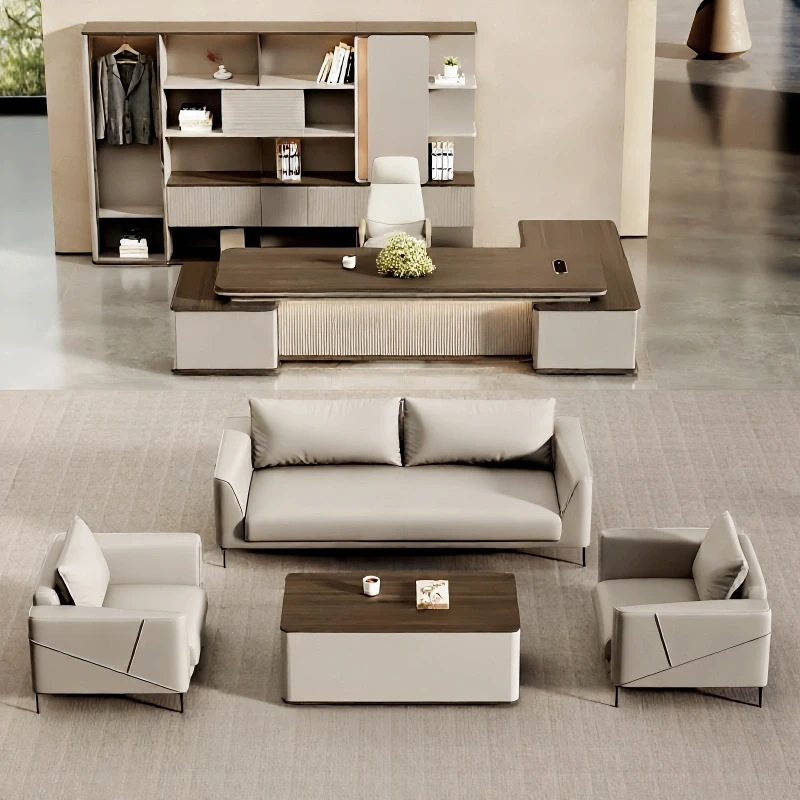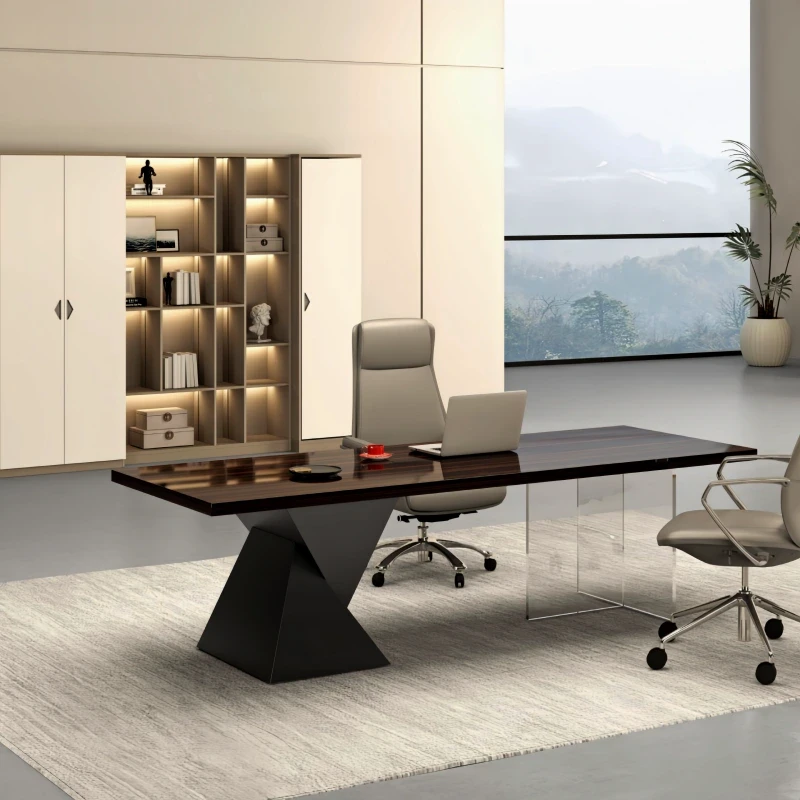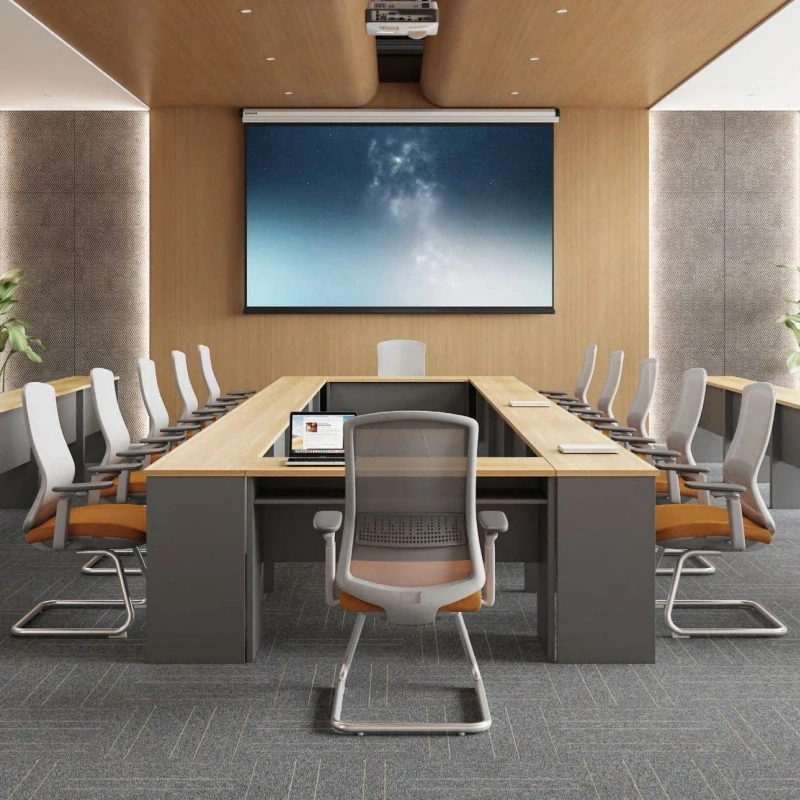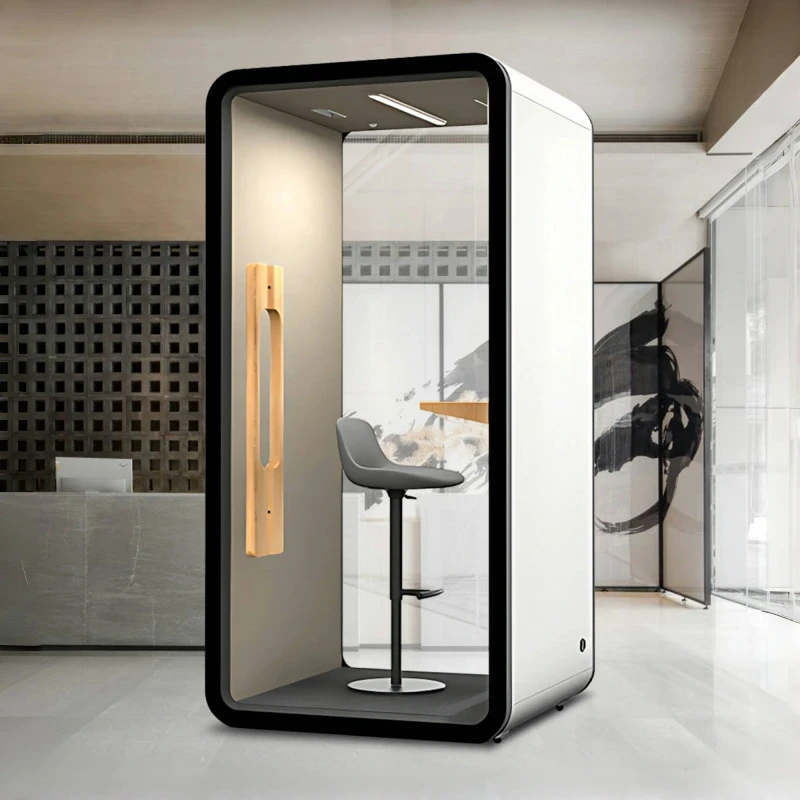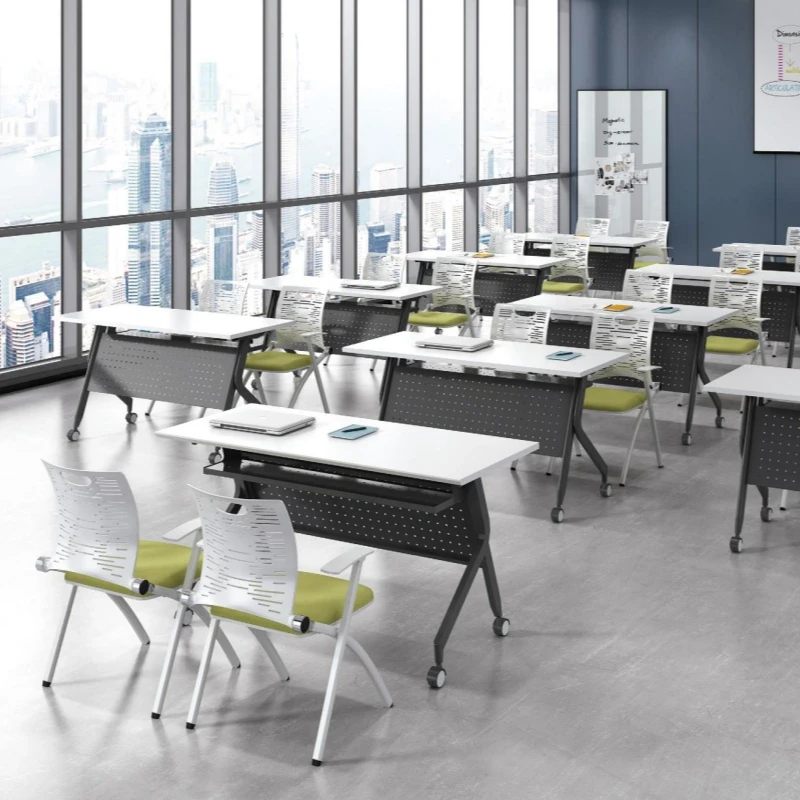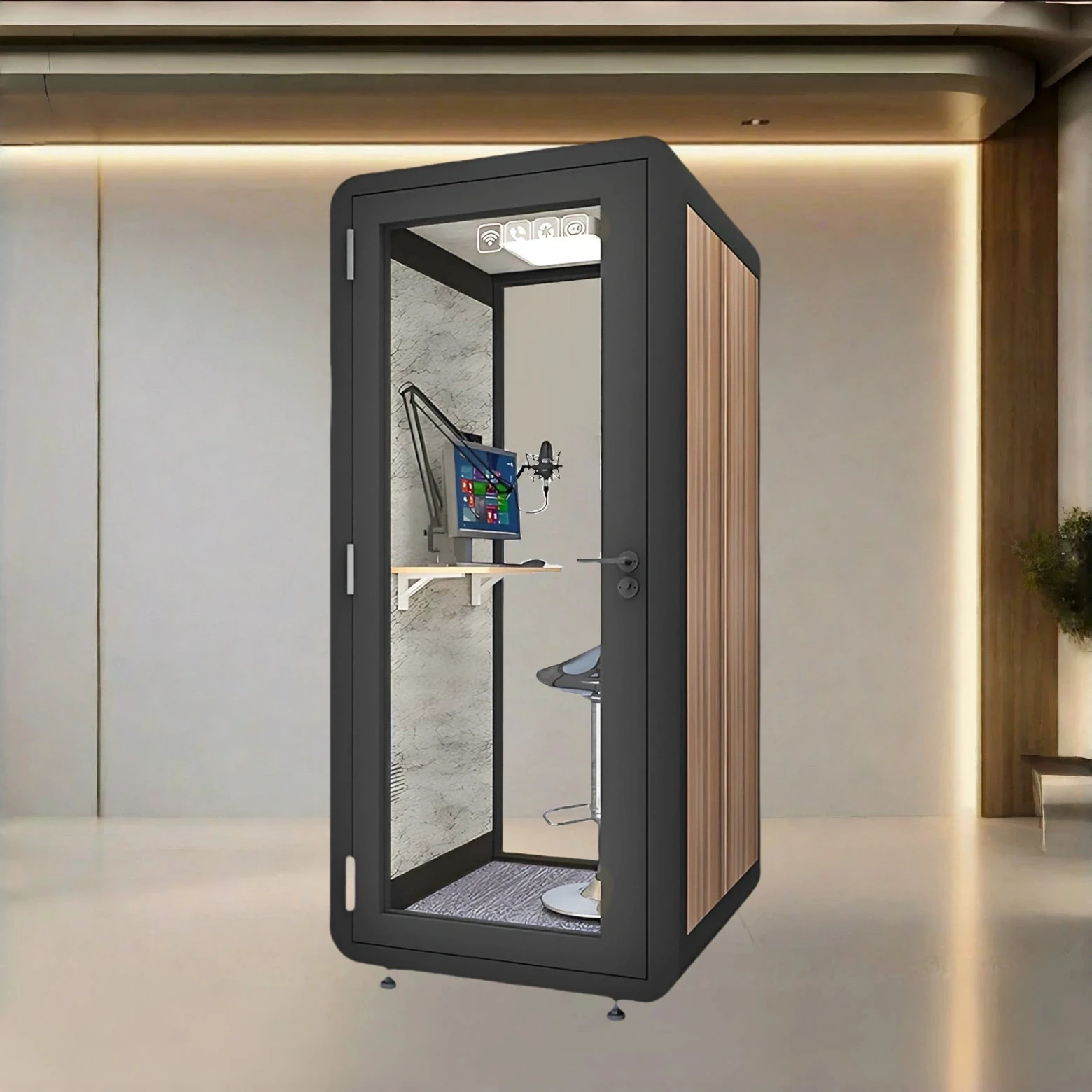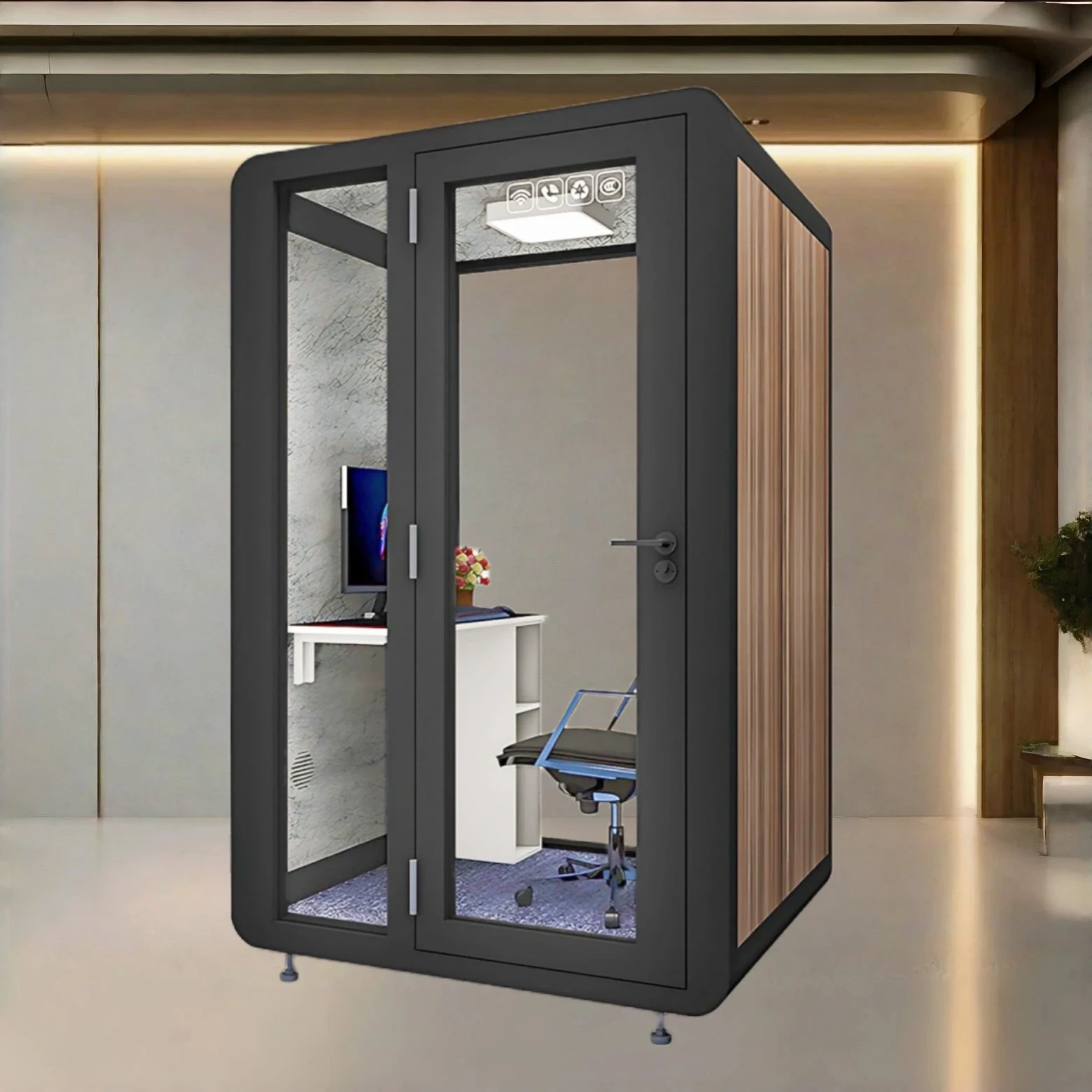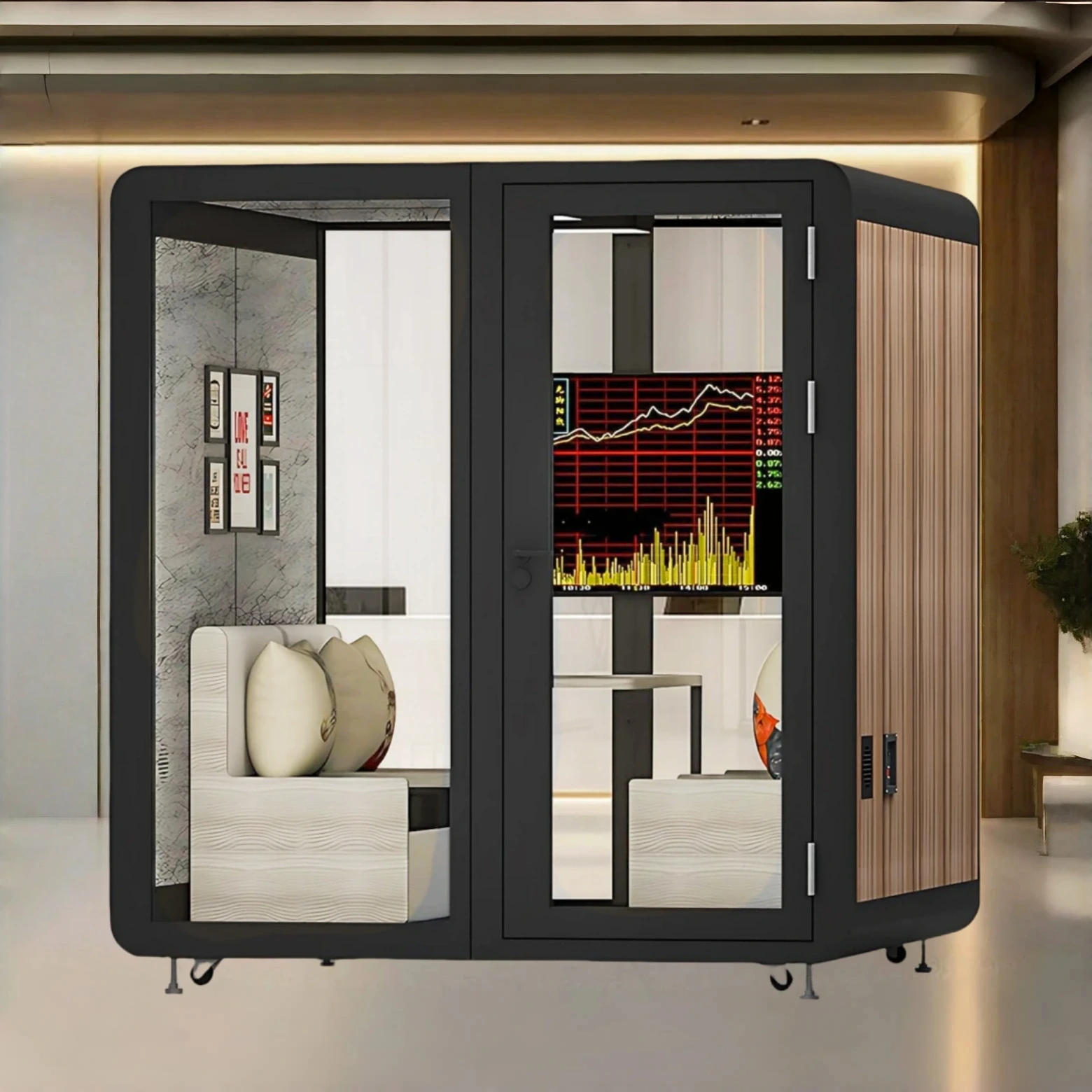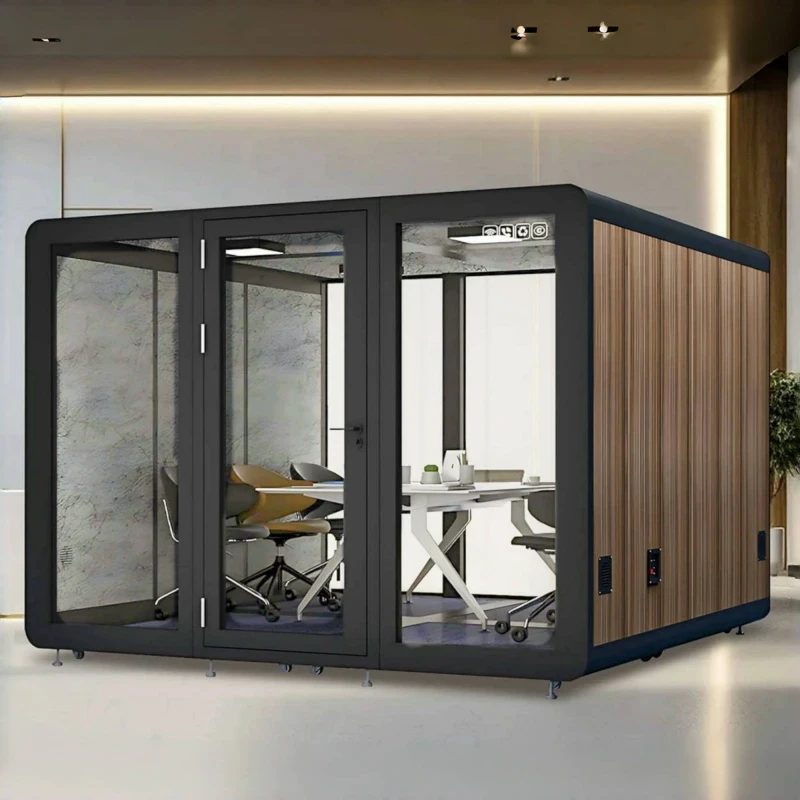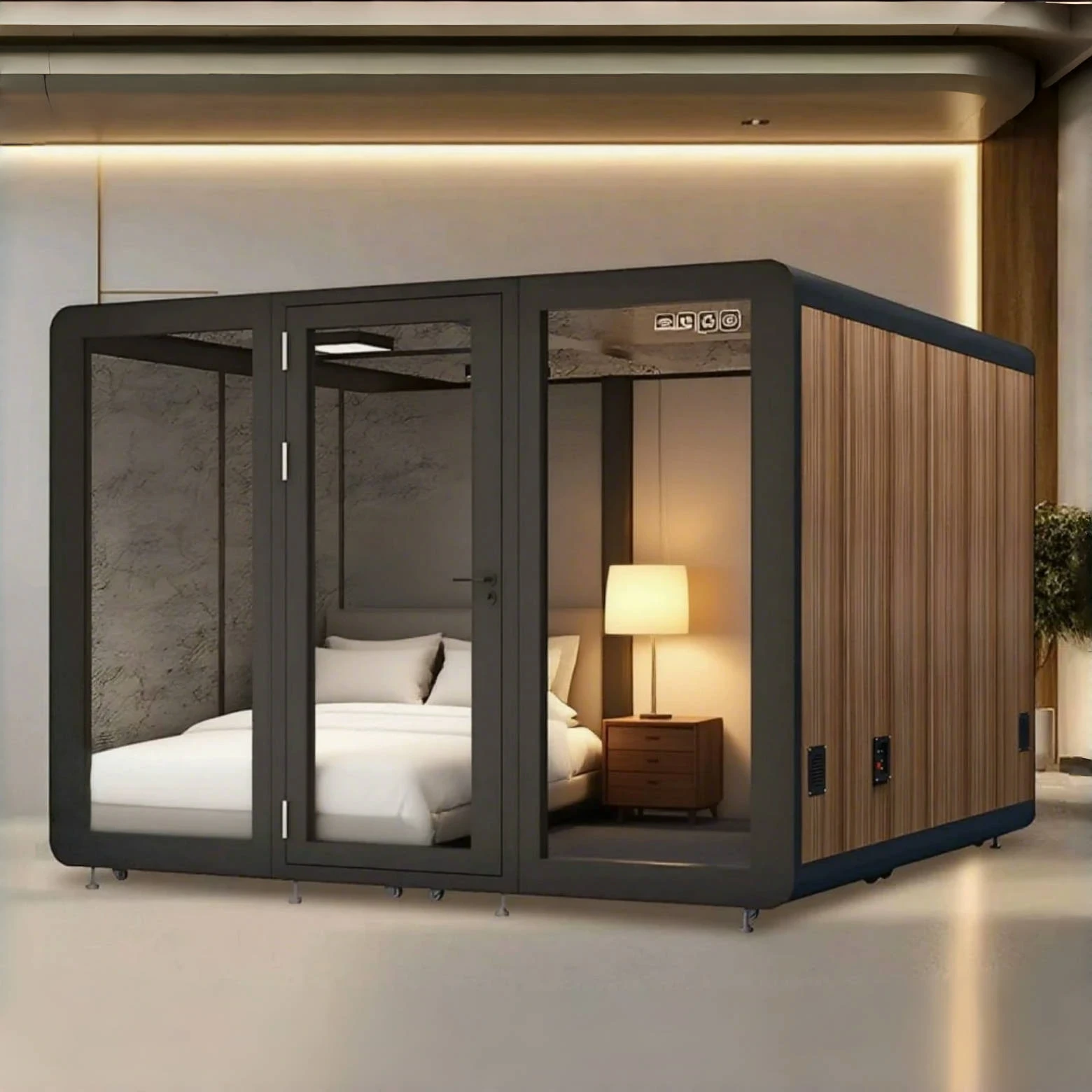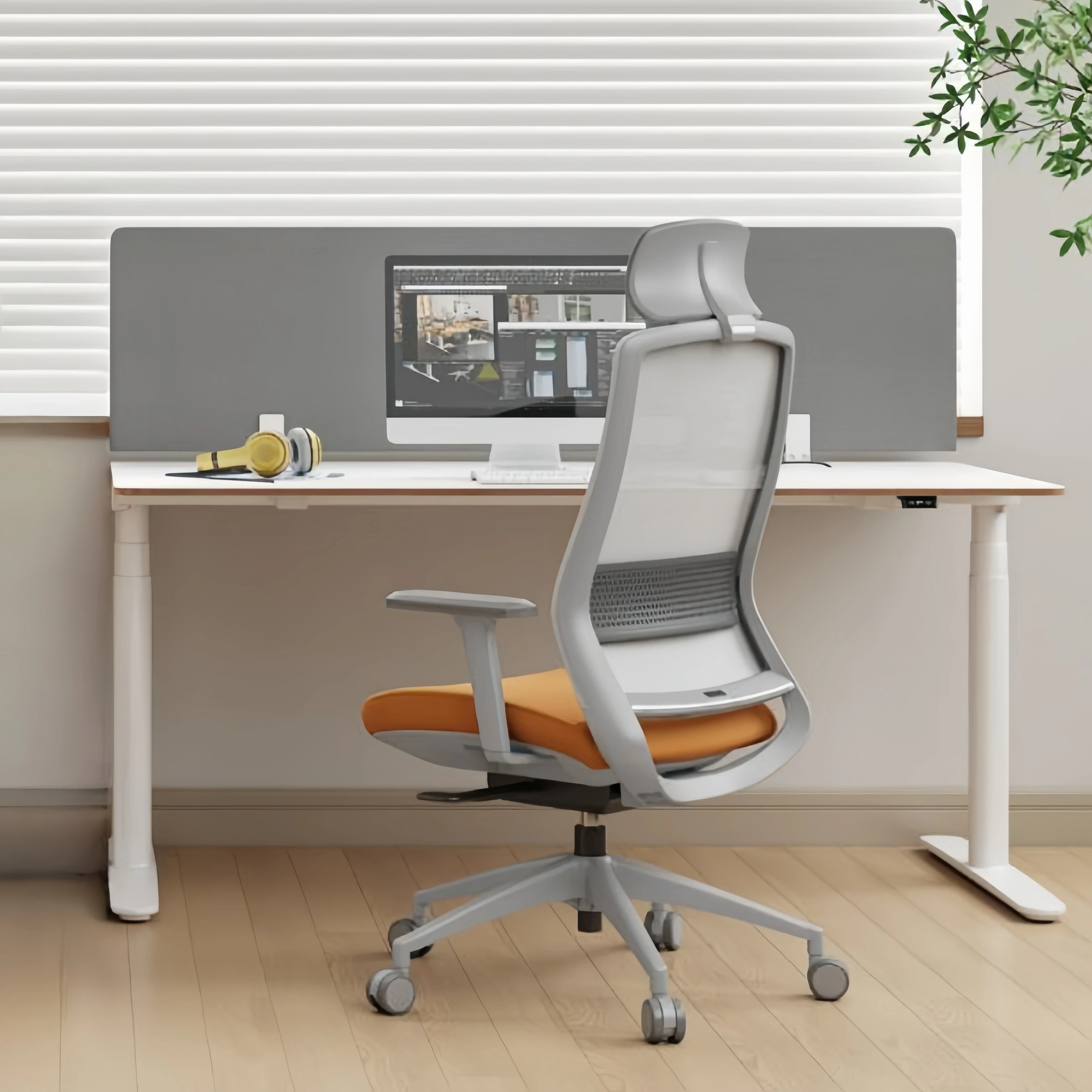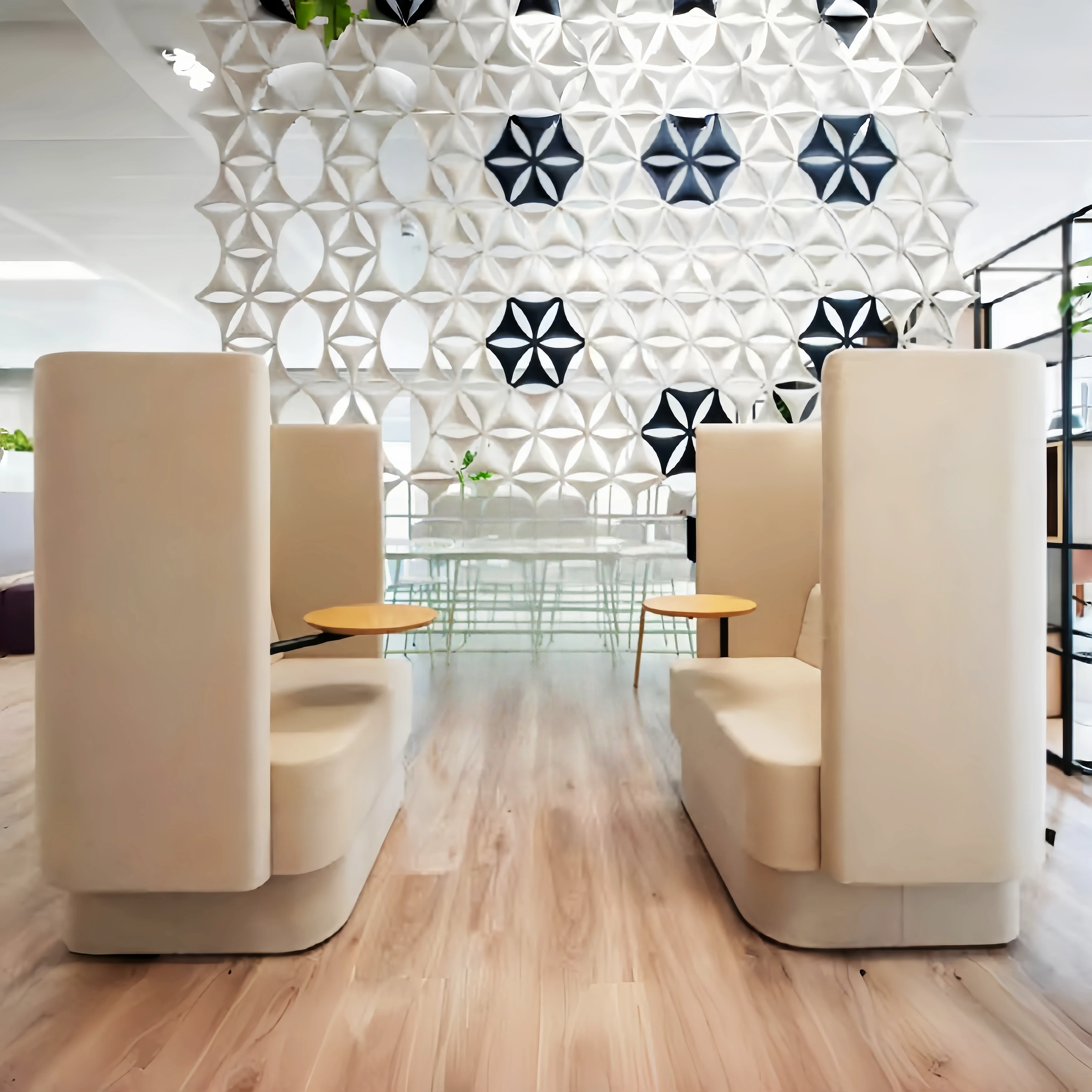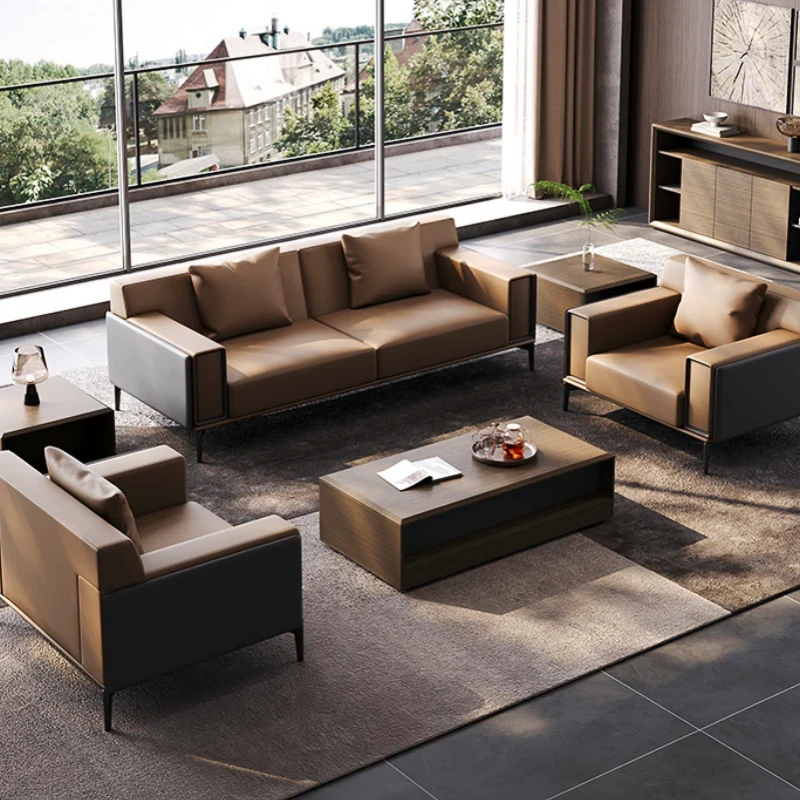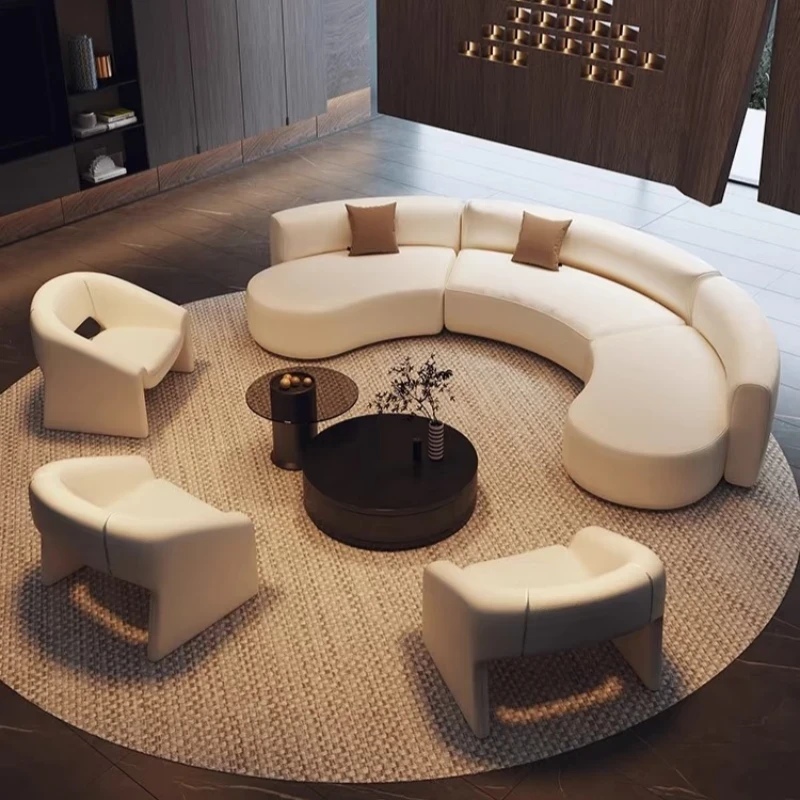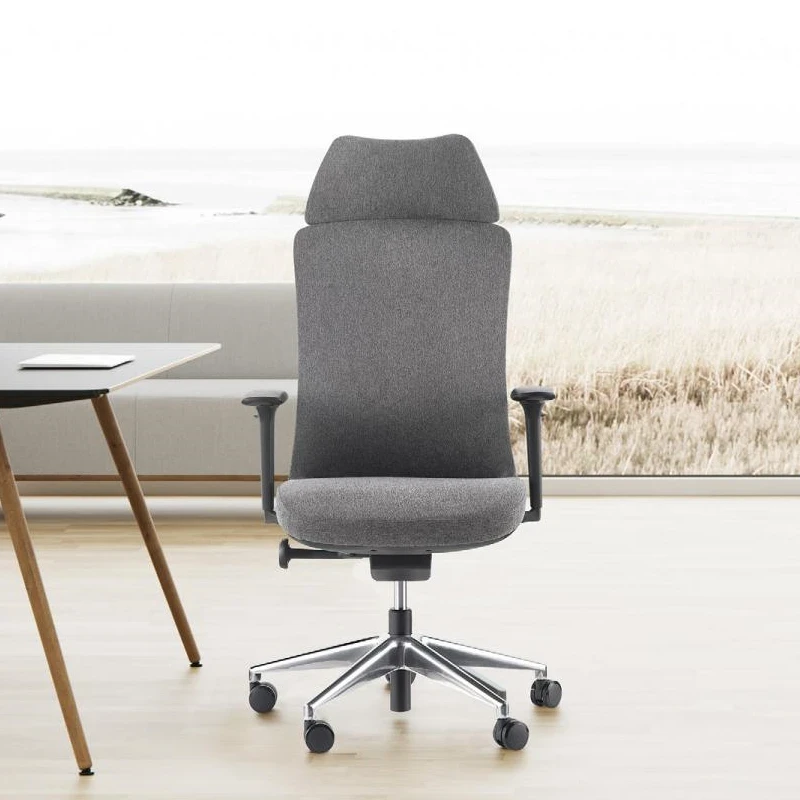Feng Shui considerations for the orientation of desks in offices
Choosing the right office desk: Nowadays, most desks are made of wood. However, using a wooden desk can be detrimental for those with a numerology that values wood. We can choose a desk that suits our numerology. If quality options are limited, we can supplement this with color and style.
Avoid sitting too close to the wall. The eyes are at the back to capture more information. If the seat is too close to the wall, you will not be able to see the people and things around you, which will cause subconscious anxiety and affect the fluctuations of your nervous system.
Avoid facing the front door, as it is the entrance and exit for airflow and energy for the entire office. Sitting directly opposite the door can impact the incoming energy, which can easily affect one's subconscious and nervous system, leading to volatile tempers or unexplained illness. Placing a screen or plant near the door can mitigate this negative impact.
It is best to have a mountain behind you. From the perspective of Feng Shui, the first principle of good Feng Shui is "surrounded by mountains and embraced by water." This means having a mountain in front of you as a support brings prosperity, and having water behind you brings wealth. Therefore, having a mountain behind you is essential for your career. In an office, the so-called "mountain behind you" is a wall. The seat should be as close to the wall as possible, and it is best not to leave too much space between the wall and the seat. Analyzing the Feng Shui of Office Seat Orientation
(1) The seat should have something to lean against (a wall or cabinet) in front of it, and should not be facing away from the door or aisle. The back of the head is the area where brain waves radiate, and it is also one of the most sensitive parts of the human body to the aura. Therefore, it is best to have something fixed and immovable in front of the seat. If there are people walking in front of you, it is easy for you to lose focus and invisibly turn part of your attention to the back of your head. In the long run, this will waste energy and affect your work efficiency and health.
(2) The seat should not face the door directly. The door is the entrance and exit of the airflow and energy of the entire office. If the seat faces the door, the energy field entering the door will be rushed by it, which can easily affect a person's subconscious and nervous system, causing a hot temper or unexplained illness. You can put up a screen or plant at the door as a way to resolve the problem.
(3) The back of the seat cannot be too close to the wall (insufficient buffer zone). The human eye is located at the back of the body to capture more information. If the seat is too close to the wall, the person or thing around cannot be seen, which will cause subconscious anxiety and affect the nervous system.

 USD
USD
 GBP
GBP
 EUR
EUR
